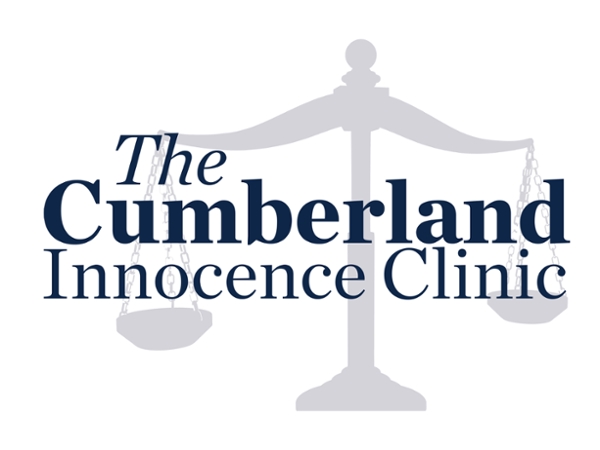
This academic year, Cumberland School of Law students are learning law and practicing skills in a new legal clinic, The Cumberland Innocence Clinic, which focuses on helping exonerate persons convicted of crimes that they did not commit.
Launched in the fall 2020 semester, the clinic provides students the opportunity to research, investigate, and help litigate cases in which there is compelling evidence of innocence. This semester, ten students are working virtually on innocence claims in several cases to help prove that the person seeking assistance is in no way responsible for the crimes for which they were convicted.
The clinic is co-instructed by LaJuana Davis, a Cumberland criminal law professor, and Meagan Hurley, Alabama Fellow at the Georgia Innocence Project (GIP), whose work is funded in part by the Alabama Law Foundation.
GIP is a nonprofit organization dedicated to correcting and preventing wrongful convictions by providing pro bono legal services to investigate and litigate claims of innocence. For several years, GIP has investigated Alabama innocence cases but will be gradually transitioning out of Alabama during the 2020-21 school year as the clinic works up cases with an eye towards recruiting skilled lawyers for those Alabama clients.
Hurley said about GIP’s partnership with Cumberland, “We are thrilled to welcome the Cumberland Innocence Clinic to wrongful conviction work and excited to offer support however we can in their endeavor.”
Organizations such as the Equal Justice Initiative (EJI) of Alabama and the Southern Center for Human Rights, among others, have successfully litigated Alabama innocence cases. Several notable cases include those of former death row prisoner Anthony Ray Hinton, whose recent book, The Sun Does Shine: How I Found Life and Freedom on Death Row, was an Oprah Winfrey book club selection, and Walter McMillian, who was featured in the 2020 movie “Just Mercy,” adapted from EJI founder Bryan Stevenson’s book, Just Mercy: A Story of Justice and Redemption. Both Hinton and Stevenson have been featured speakers at Samford University’s Wright Center.
A justice system that never examines itself can fail to achieve its function to clear the innocent. The rising number of U.S. exonerees each year shows that criminal justice systems must recognize and address credible claims of innocence, particularly in the light of undeniable DNA evidence. Addressing compelling cases of innocence can strengthen public trust in the criminal justice system’s accountability to correct injustice.
Professor Davis noted that Cumberland’s students were the catalyst to the opening of the clinic. “The energy of the students in this summer’s Wrongful Convictions class sparked the opening of the clinic in the fall,” she said. “We are grateful for their advocacy and interest in having this clinic and hope that this experience will allow them to see their role in today’s justice system and gain a passion for helping to correct injustice.”
